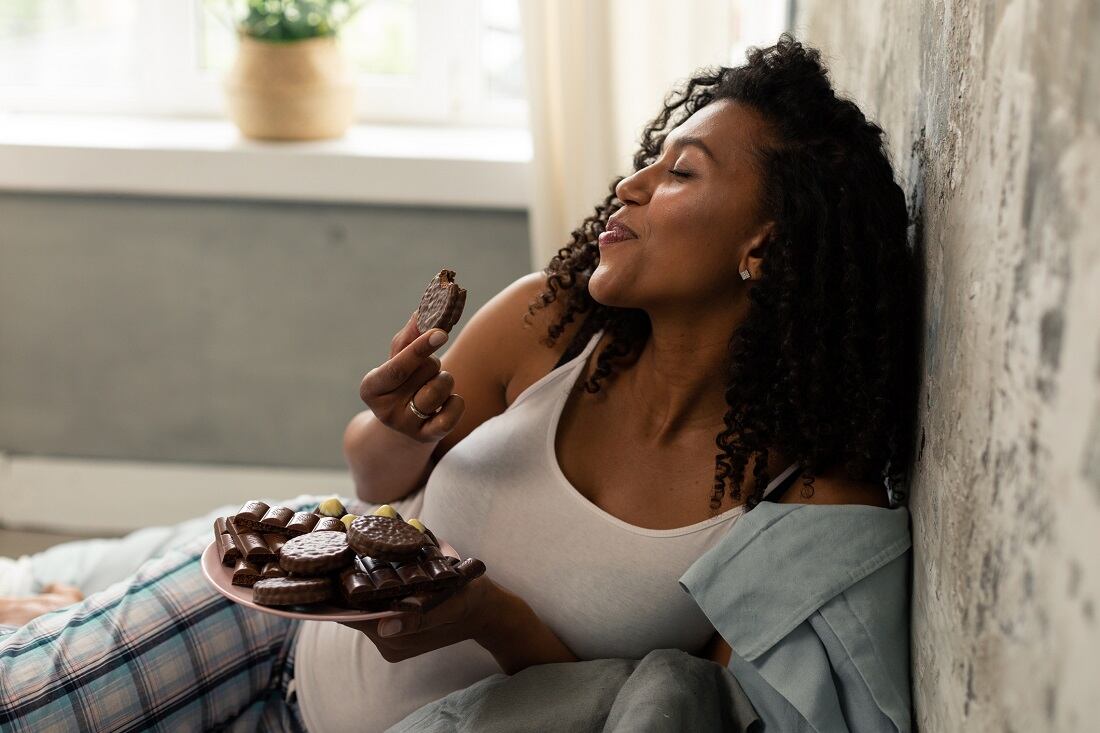Approximately one-third of consumers said they increased their chocolate consumption during the pandemic, according to Cargill, which fielded its research in February 2021 and surveyed 600 US grocery shoppers.
Cargill's ChocoLogic research wasn't the only source of industry insights to find that chocolate consumption has risen as a result of the pandemic. According to the National Confectioners Association (NCA), retail sales data from March 2020-August 2020, showed sales of premium chocolate in the grocery channel were up 21.4% compared to the same period last year, while the entire chocolate segment saw retail sales in grocery increase 17.9%.
“The adage that ‘everyone loves chocolate’ really is true – less than 3% of consumers report avoiding chocolate,” said Gretchen Hadden, marketing lead for Cargill’s North American cocoa and chocolate business.
“However, while chocolate may be the world’s most beloved ingredient, our research suggests consumers have strong opinions on what they like – and don’t like – about this timeless indulgence.”
Three in four respondents said the primary reason for indulging in a daily chocolate treat was to reward oneself, while other motivations were less obvious, said Cargill.
Seven in ten (72%) consumers agree that chocolate lifts their mood, 59% say it boosts their energy, and more than half (52%) find chocolate gets them through a tough day.
Chocolate may have a larger role to play in the better-for-you foods category
These findings around consumer perceptions reveal that chocolate may have a larger role to play in the better-for-you food segment as very few reported feeling guilty about their uptick in chocolate consumption, noted Cargill.
According to the ChocoLogic research, nearly seven in ten associate chocolate with health benefits, a characterization even more prominent among consumers of dark chocolate. The survey found this perception is a key purchase driver for dark chocolate, with 52% of consumers choosing it because they believe “it’s healthier.”
The survey also revealed that interest in premium chocolate remains high. Consumers reported paying closer attention to claims around cacao content and provenance to judge chocolate quality, said Cargill.
Consumers perceive products highlighting cocoa bean origin to be of higher quality
Half of consumers consider dark chocolate a more premium choice, 71% notice when chocolate has a grainy, coarse texture; and nearly one in four shoppers perceive chocolate that denotes its cocoa bean origin country as higher quality.
This premiumization trend was also evident when consumers were asked about product claims, said Cargill. By far, the most sought claim across all categories was “made with real chocolate,” a factor 84% of shoppers said they were extremely or very likely to consider in their purchase decisions.
And while 45% of consumers surveyed said they were looking for new types of chocolate products, interest in classic flavor pairing won out -- 60% of respondents chose caramel and peanut butter as one of their top three favorite chocolate flavor pairings.
More novel flavor pairings such as spice, herbal, and botanical notes appealed to a much narrower swath of consumers, but did show a slight uptick in interest among younger Gen Y and Gen Z demographics.
“The insights gleaned from this research give us – and our customers – a window into consumers’ attitudes and evolving expectations around this much-loved ingredient,” added Hadden.
“It can help guide our thinking on whether to revitalize tried-and-true products or adapt to changing tastes with new-to-the-world innovations, and is one more example of the added value we offer our customers.”




